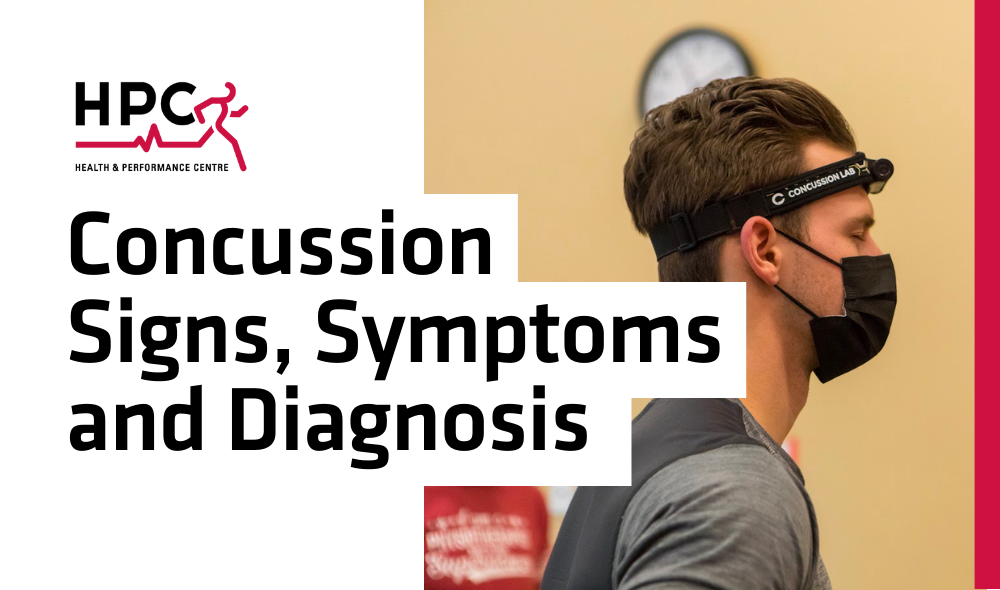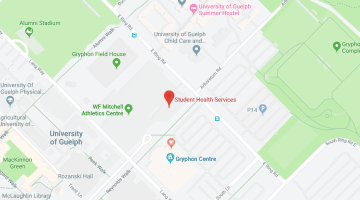What is a Concussion? Signs, Symptoms and Diagnosis
Concussions are now readily labelled as a type of brain injury. Concussions reduce brain activity which can result in many symptoms. Following a concussion, the brain remains in a vulnerable state where another insult can negatively impact long term. Most concussions resolve in 1-2 weeks and do not result in long-term deficits – if treated appropriately.
The diagnosis or suspicion of a concussion can build anxiety that extends beyond the injured individual. There is often a feeling of helplessness and a sense of non-direction. An athlete’s emotions can range from a “want” to be back in the game, to anxiety and stress over wondering what life may look like without sport or being able to catch up at school. An adult who is suffering from a concussion can experience the same fears and anxiety over their sport or academic life, but the stress is often compounded by responsibilities around work and parenting.
What causes concussions:
Concussions can result from either a direct impact to the head or indirect force to the head such as a fall which jolts the neck and creates a “whiplash” force that moves the brain within the skull (Cervicogenic Subset).
A concussion incident from a direct impact to the head is easier to recognize. In sport this could be a fall, a baseball to a mask or a body check/contact to the head (heading in soccer). But events that involve a black eye and/or teeth displacement are often missed as direct blows to the head. In life, direct blows also can come from events like falls or hitting your head on your trunk/car door.
Neck (Cervicogenic Subset) concussions are a type of concussion where structures in the neck contribute to concussion symptoms. It is caused by a direct or indirect hit to the neck or another part of the body that causes the brain to move inside the skull. Learn more about Cervicogenic (Neck) Subset concussions here. [1]
Signs and Symptoms of Concussions:
Concussion symptoms can involve the body, cognition, emotions, and sleep and may include any listed below.
Body-related symptoms:
- Dizziness
- Headache/“Pressure in head”
- Neck pain
- Trouble balancing
- Sensitivity to light or noise
- Nausea or vomiting
- Dizziness
- Blurred vision
- Balance problems
Cognitive symptoms:
- Confusion ("Don’t feel right")
- Fatigue (Feeling slowed down or "in a fog")
- Difficulty concentrating or remembering
Emotional symptoms:
- Irritable
- Nervous
- Anxious
- Sad
Sleep-related symptoms:
- Difficulty falling asleep
- Trouble staying asleep
- Sleeping too much
HPC Concussion-related services:
- Sport Medicine Doctors [2](OHIP funded)
- Physiotherapy [3]*
- Chiropractic [4]*
- Massage Therapy [5]*
- Naturopathic Medicine [6]*
(*covered by most insurance plans)
You may be interested in these 'Concussion-related Articles' → Vestibular Impacts of a Concussion [7] / Concussion: Visual/Oculomotor [8] / All About Whiplash [9]

